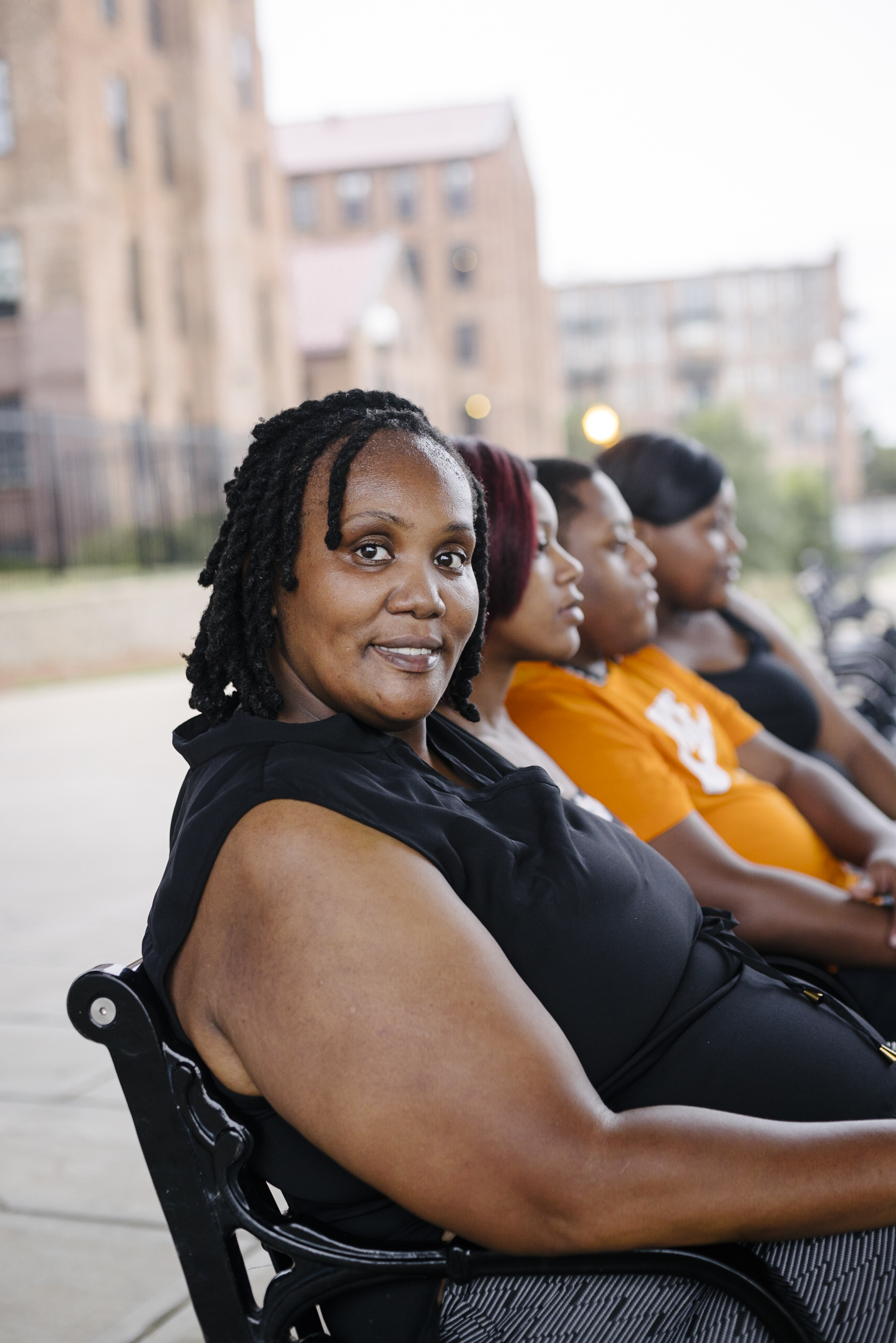Eradicating Poverty
Better Work
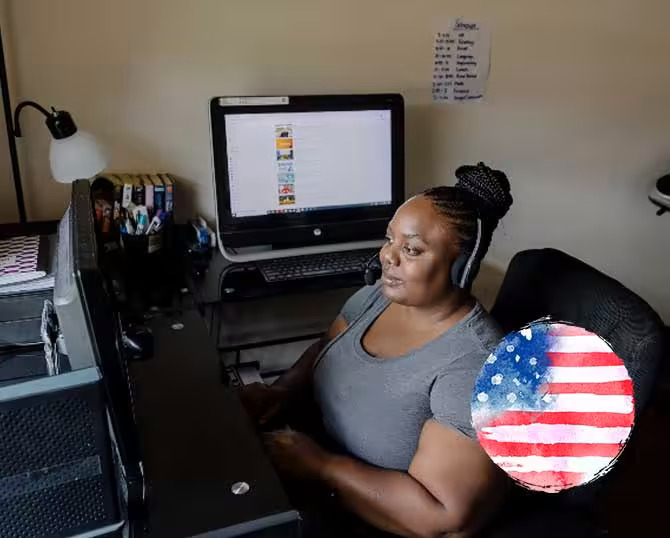

For some Americans, the recognition of their inherent dignity is an elusive goal. When life circumstances force individuals to turn to government assistance, they often become trapped in a cycle of poverty. An unfinished education or the arrival of a child—which should be a moment of celebration—can set back the achievement of other life goals and push women out of the workforce. This problem is especially relevant for marginalized communities, such as Black Americans, who in many cases are underserved by an inadequate public education system and who face numerous hurdles in finding well-paying jobs.
Some organizations—such as Georgia Center for Opportunity, an Atlas Network partner—have recognized these persistent roadblocks to success and are building solutions to overcome them. These solutions are rooted in the recognition of the inherent talent, skills, dignity, and agency each person possesses and that can be shared with the world.
Abandoned dreams
Latesha Jackson knows what it is like to not be fulfilled by her work. She worked hard and was the only one of her siblings to graduate from high school. Latesha hoped to attend college, but when she got a job to support her mother and began having children, she thought that dream was behind her.
“Between 2008 and 2016 I was in a really good place because I had a job that I loved, and then things started going down in the business,” Latesha said. “From that time until now I just have been from job to job looking for a place like the place I was in.”
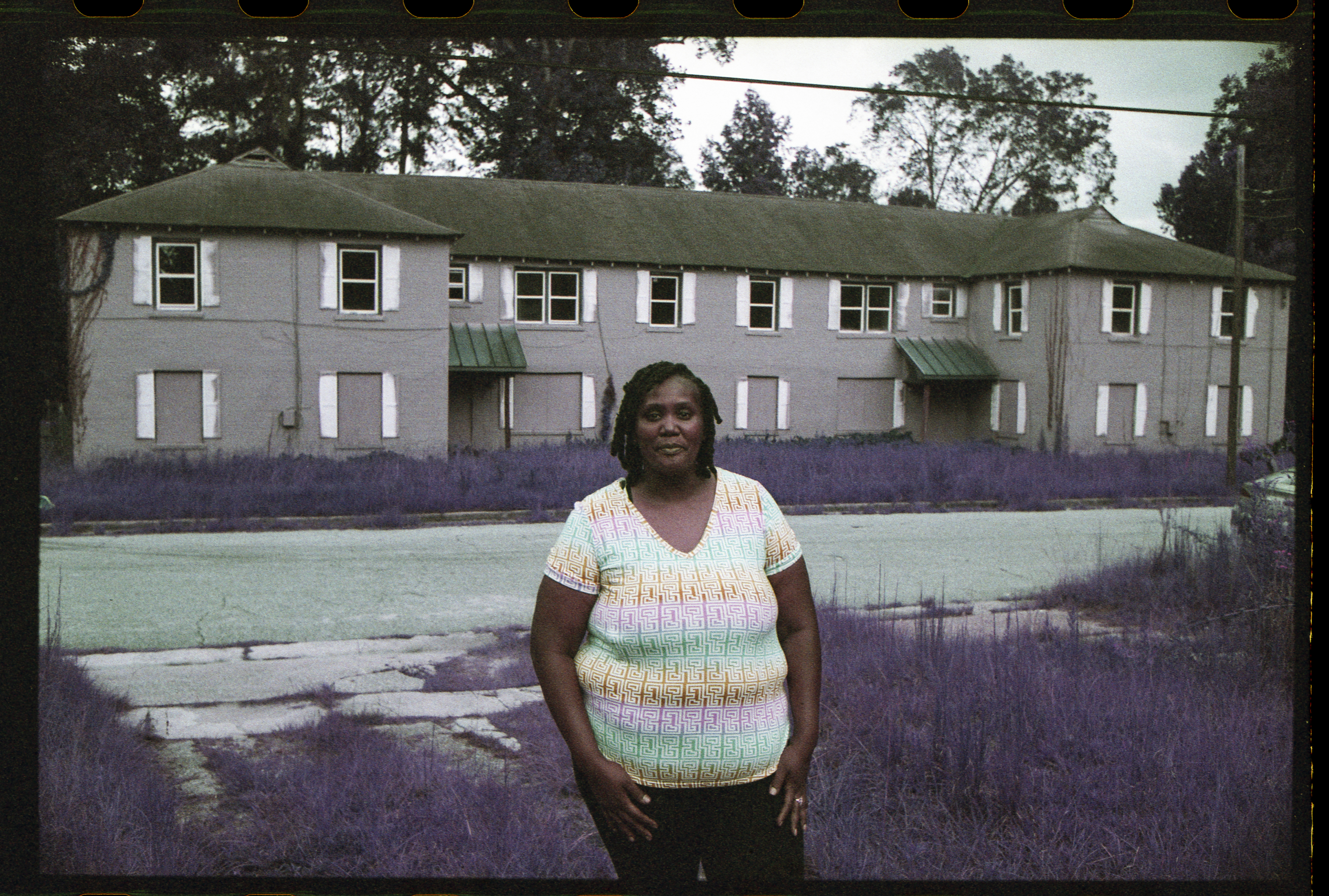
Marshayla “Shay” Walker has a similar story. She graduated from high school and earned an associate’s degree. After she gave birth to her son, however, she left the workforce and remained on unemployment insurance for two years. She felt burned out and didn’t see a practical way out of her situation.
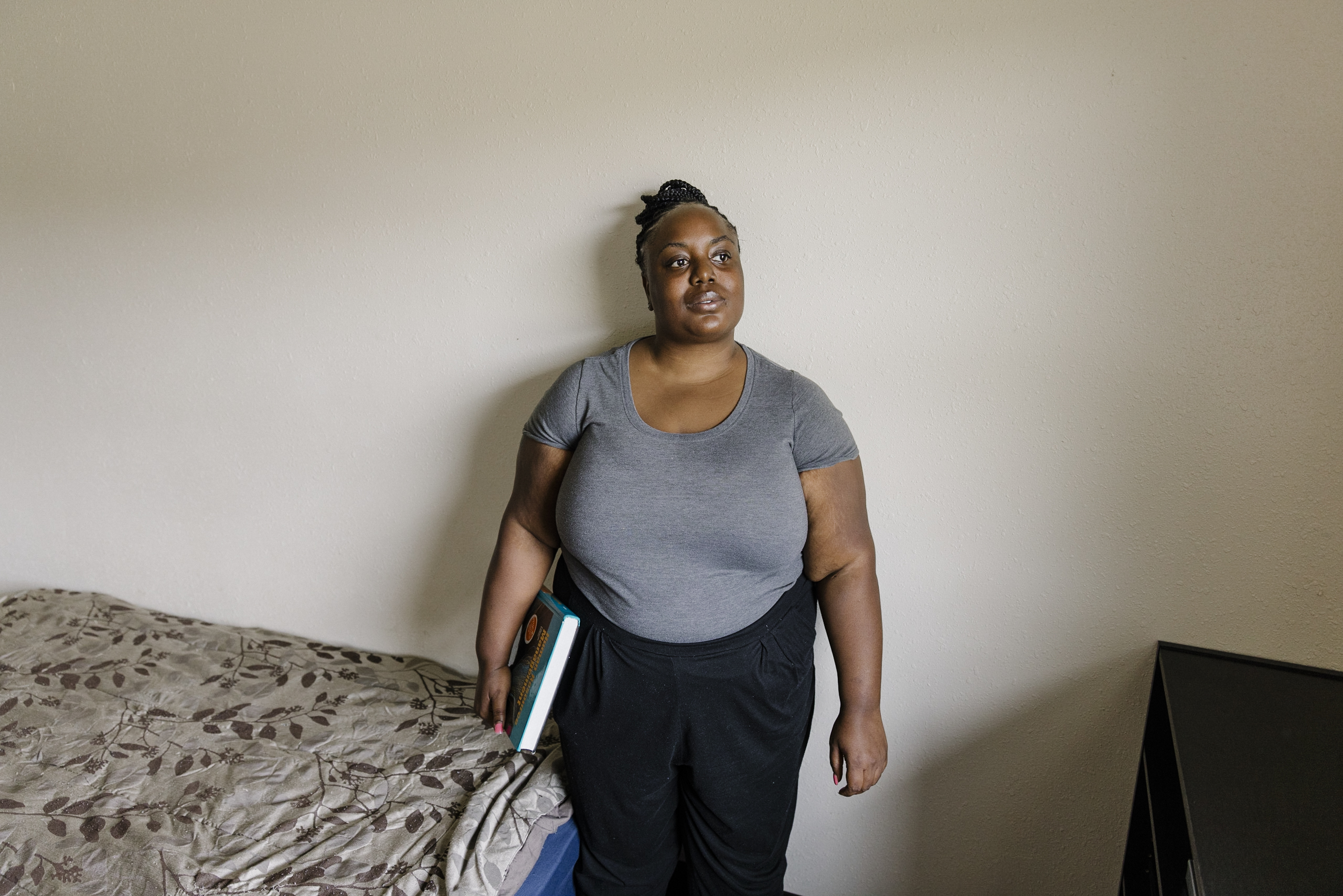
Unending resilience
Latesha and Shay weren’t content to stay “stuck” in their situations for the rest of their lives. Recognizing the desire to once again find purpose in their working lives, they wanted to go back to school, provide for their families, and reclaim the dignity of work. Theirs are stories of resilience in the face of adversity, of overcoming the odds, of seeking to overcome the obstacles that seemed to keep cropping up.
Disincentivizing the escape
In Georgia, as is the case in many parts of the United States, single mothers can be financially punished for securing employment, earning a raise, or otherwise improving their lives. Despite its noble intentions, the structure of government aid often disincentivizes people like Latesha and Shay from escaping the cycle of poverty by taking away benefits from those who seek better work and greater incomes. Between this reality, the expense of seeking training or further education, and the often difficult transition back into the workforce, the outlook is often bleak. However, one organization is working to change that paradigm.
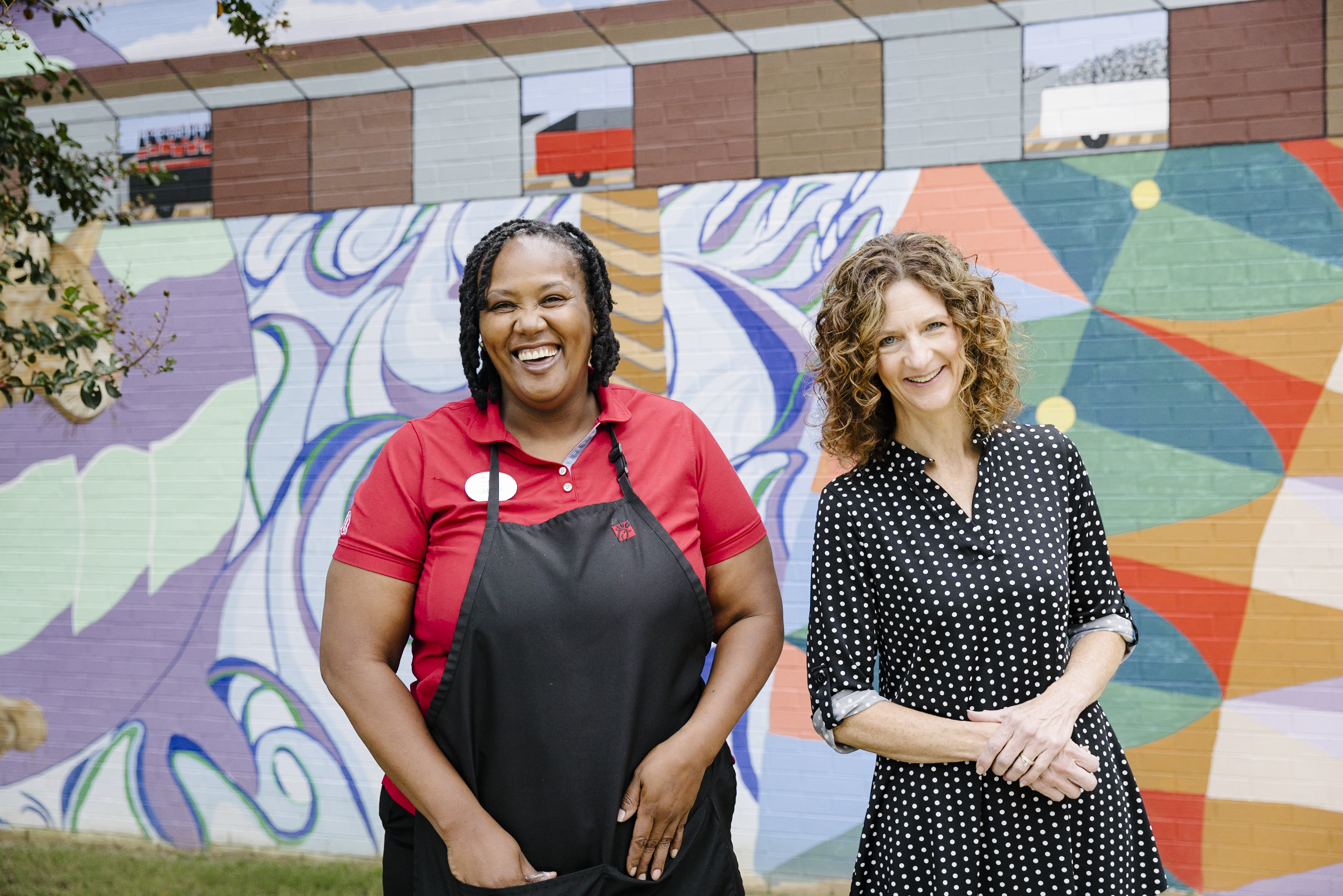
A path to a better life
Georgia Center for Opportunity—or GCO—takes a multi-faceted approach to ending poverty in their state and beyond. One part of that effort is the Better Work initiative. By providing resources, encouragement, and mentorship, they’re breaking the cycle of poverty and government dependence and getting people back to work in rewarding, dignity-affirming jobs. Latesha heard about the program through Habitat for Humanity. After moving from job to job for far longer than she had ever wanted, Better Work sounded like the perfect opportunity to build something better. Shay joined the program and found a multitude of women who had gone through the same things she had. She realized there was a way out. “[Better Work] boosted my drive, it boosted my self-esteem,” she said. “It gave me so much drive and energy.”
“Dignity comes from us giving what we’ve been gifted with back to the world and figuring out our place in it,” said Joyce Mayberry, Vice President of Family at Georgia Center for Opportunity. “And I admire that. I admire people who are getting up—everyday—and trying to change their circumstances.”
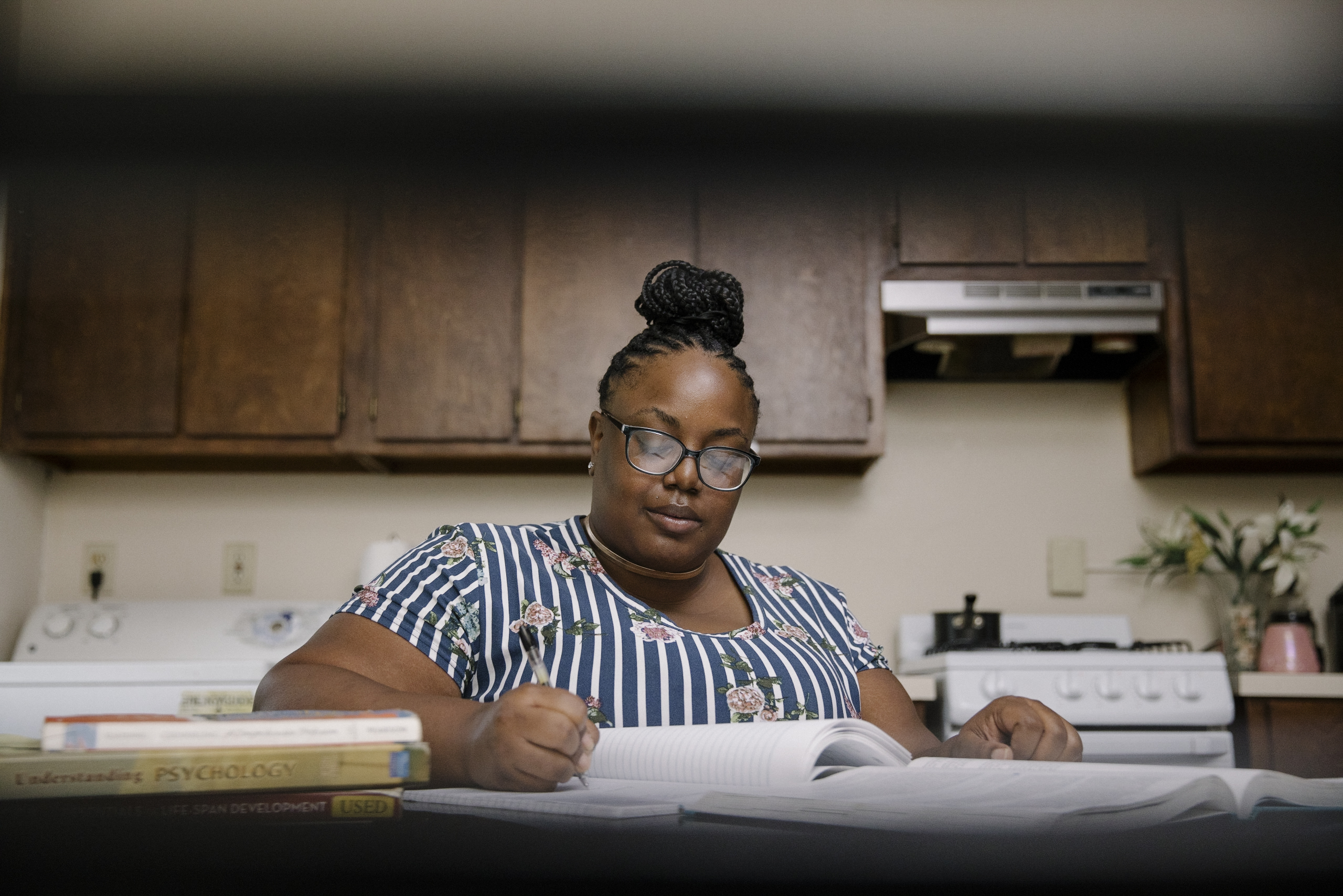
Generations transformed
Better Work has changed Latesha’s and Shay’s lives forever. Through the program, Latesha realized that the dream she thought had vanished could become a reality after all. She decided to go back to school. Supporting herself through a job at the college, she is on track to graduate with a degree in Business Administration, and she was invited to join the honors program. As she welcomes grandchildren into the world, Latesha looks forward to helping them have the best life possible.
Shay is also building a better life for herself and her son. After finishing a four-year degree in Human Resources, she found a job that she loves. As she looks at the career path in front of her, she’s excited to be moving toward her goal of becoming a homeowner.
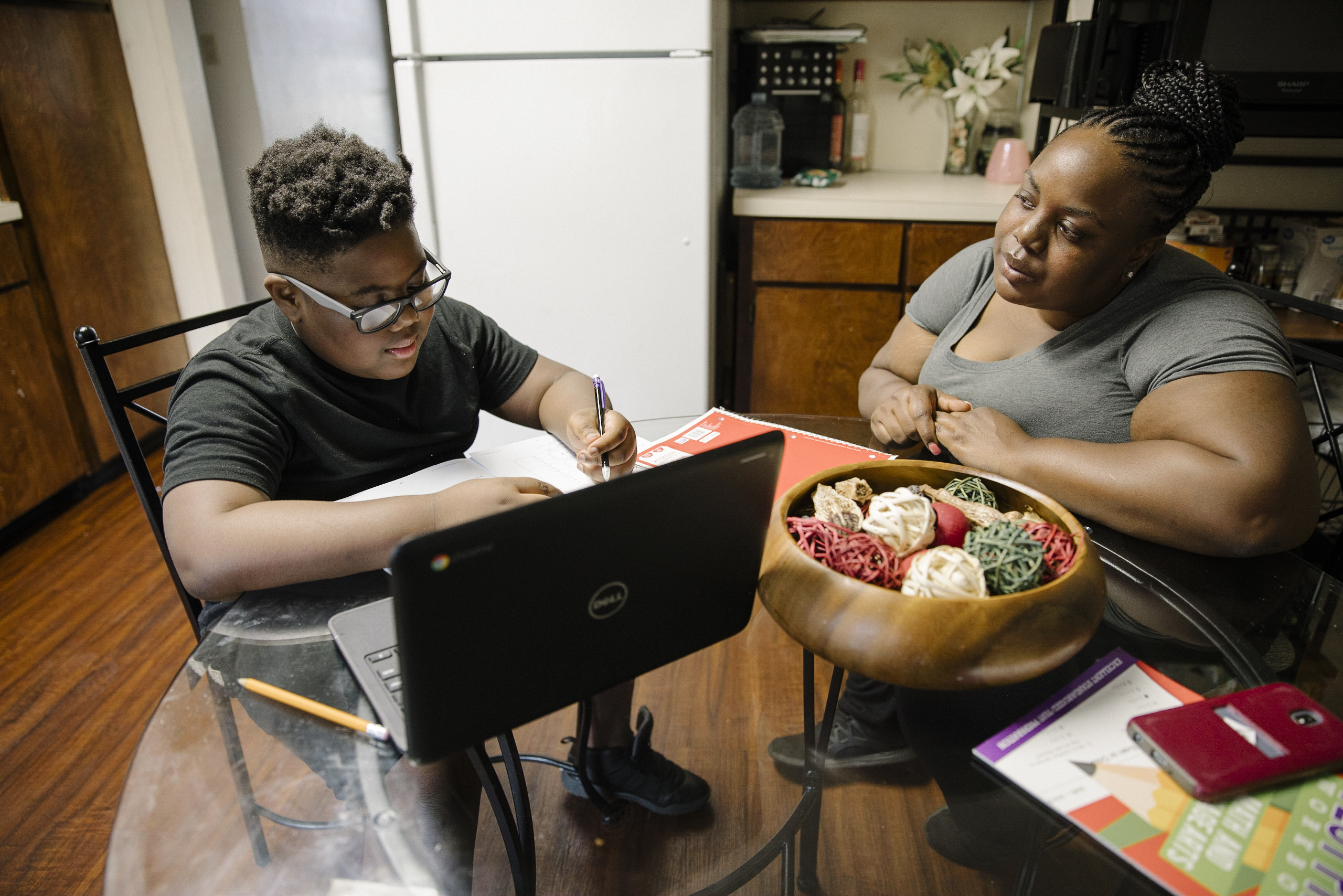
In just its first two years of operation, Better Work has helped over 900 Georgians find their place in the world. As the program expands to new states and communities, more and more people will gain access to the resources they need to speed them on the path to claiming their dignity.
Latesha and Shay demonstrate the will to “make it,” and their drive should be empowered, not discouraged. GCO’s Better Work initiative demonstrates that starting with recognizing the dignity of all those seeking to improve the lives of their families and their communities is transformational in creating better outcomes for all involved. Latesha and Shay already had everything they needed to be successful, and connecting them to the right opportunities is what has made all the difference.
